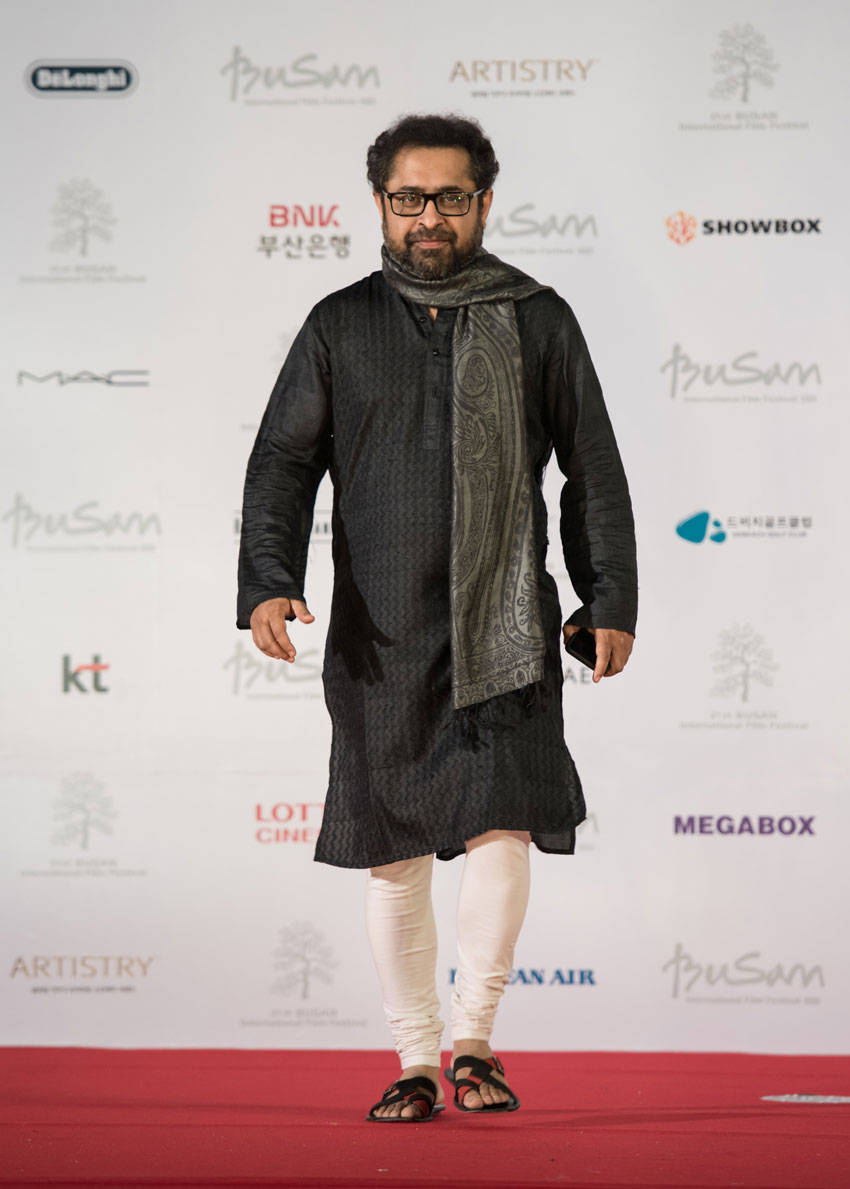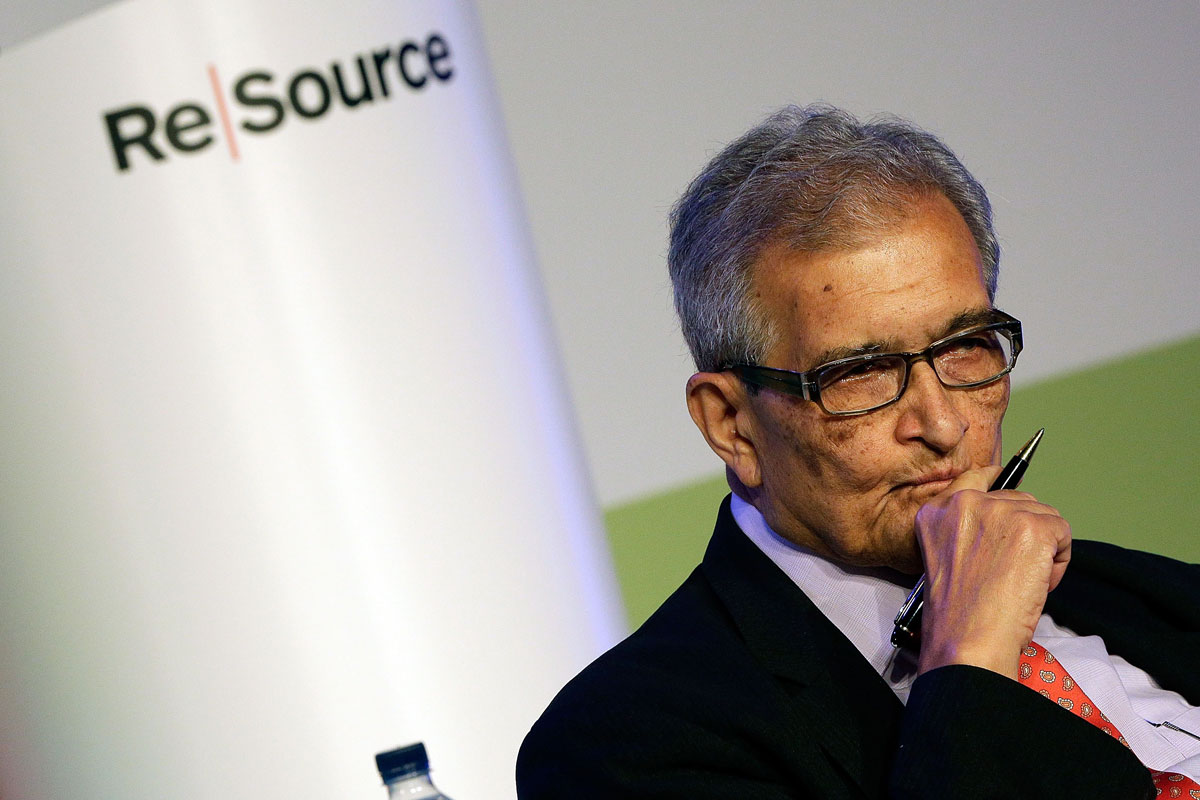Amartya Documentary Director Says ‘No’ to Censor Board
File photo of Nobel Laureate Amartya Sen, Harvard University, speaking at the ReSource 2012 conference on July 12, 2012 in Oxford, England. ReSource 2012 is a 2 day ground-breaking forum on resource scarcity and volatility, dedicated to engaging the financial and business community on the issues of food, water, energy supply and global growth. (Matthew Lloyd/Getty Images for ReSource 2012)
Refusing to keep on mute six words/phrases in his documentary on Nobel Laureate Amartya Sen ‘The Argumentative Indian’ as recommended by the CBFC Regional office, director Suman Ghosh said, Aug. 8, he has formally said ‘No’ to the CBFC regarding the recommendations.
“I came to know it is an online process now where you can only opt for ‘Yes’ if you accept their (CBFC) suggestions or ‘No’ if you reject their suggestions.
“After verbally communicating with me on July 11, later on they sent me the letter bearing the same suggestions to keep on mute six parts (both words and phrases) – Gujarat, in India, Hindu, cow, these days and Hindutva for granting ‘U’ certification. In my formal response, I opted for ‘No’ option as there is no question of reconsidering my stand of effecting not a single cut in an Amartya Sen documentary,” Ghosh said.
“But since if a director says no in such situations, his film has to go to the revising committee, I guess I have to appear before the revising committee now in Mumbai,” he said.

Ghosh, who sent the online response to CBFC on August 5, said the delay in his formal online response was due to his busy shooting schedule for a feature film.
Ghosh had earlier said if the matter gets resolved at the revising committee level, he will approach the Film Certification Appellate Tribunal (FCAT).
In the documentary, Sen speaks of social choice theory, development economics and the rise of right wing nationalism across the world. The film covers a span of 15 years (2002-2017) and is structured as a conversation between Sen and his student and internationally known economist Kaushik Basu.


